Image
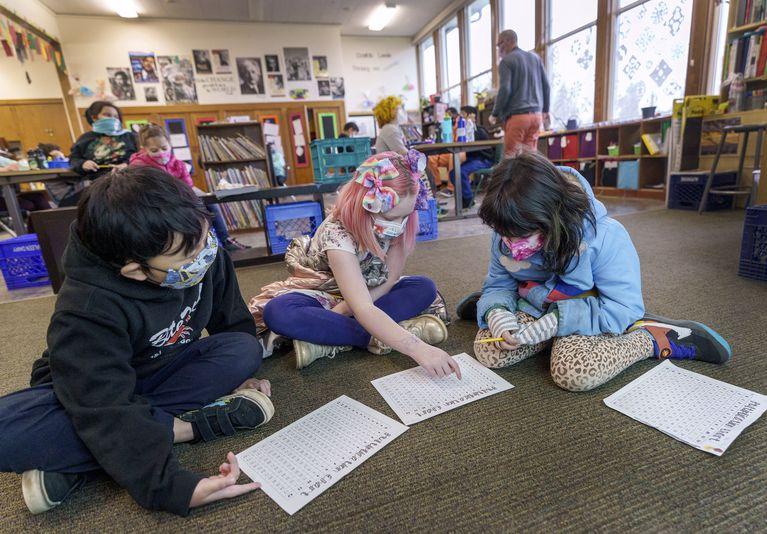
(LEFT TO RIGHT) DONOVAN CHA, MAR BRASSEA, AND VIDA HAMPSON WORK TOGETHER TO SOLVE A MATH PROBLEM IN ERIC MARSH’S THIRD-GRADE CLASS AT PRESCOTT ELEMENTARY IN PORTLAND, FEB. 8, 2022. IN OREGON, AFTER MARCH 11, SCHOOL DISTRICTS WILL BE FREE TO ADOPT THEIR OWN MASKING POLICIES./KRISTYNA WENTZ-GRAFF / OPB
Image
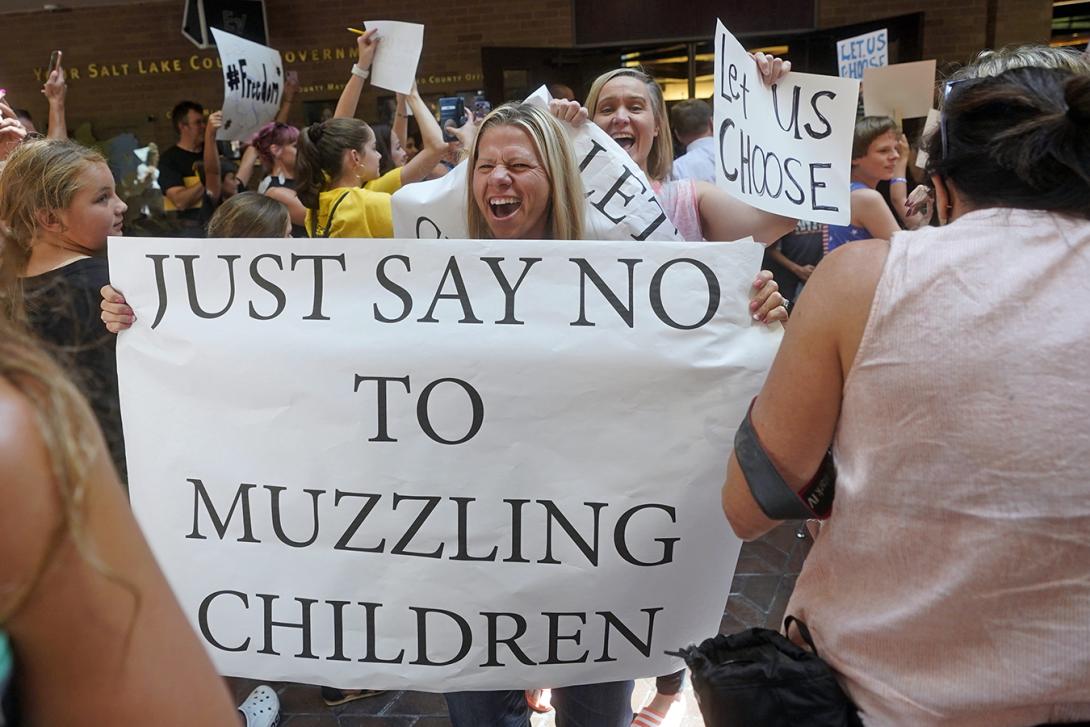
PEOPLE CELEBRATE ON AUG. 12, AFTER THE SALT LAKE COUNTY COUNCIL VOTED TO OVERTURN A SCHOOL MASK ORDER./AP PHOTO/RICK BOWMER
Image
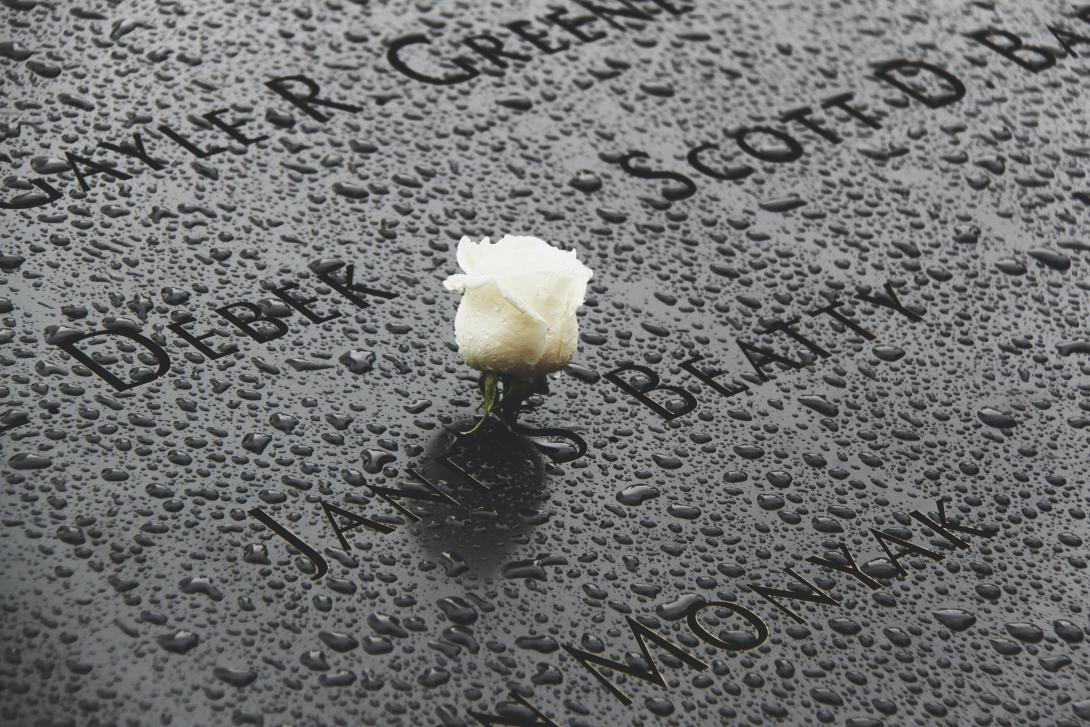
World Trade Center memorial./Ged Lawson via Unsplash.com
Image
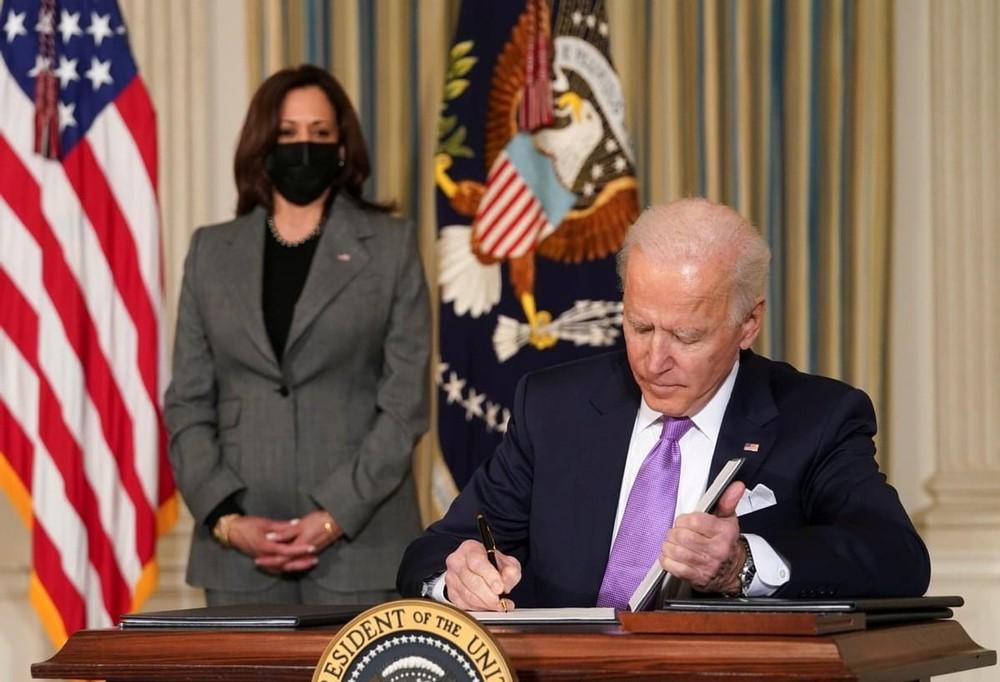
President Joe Biden with Vice President Kamala Harris./Shutterstock
Image
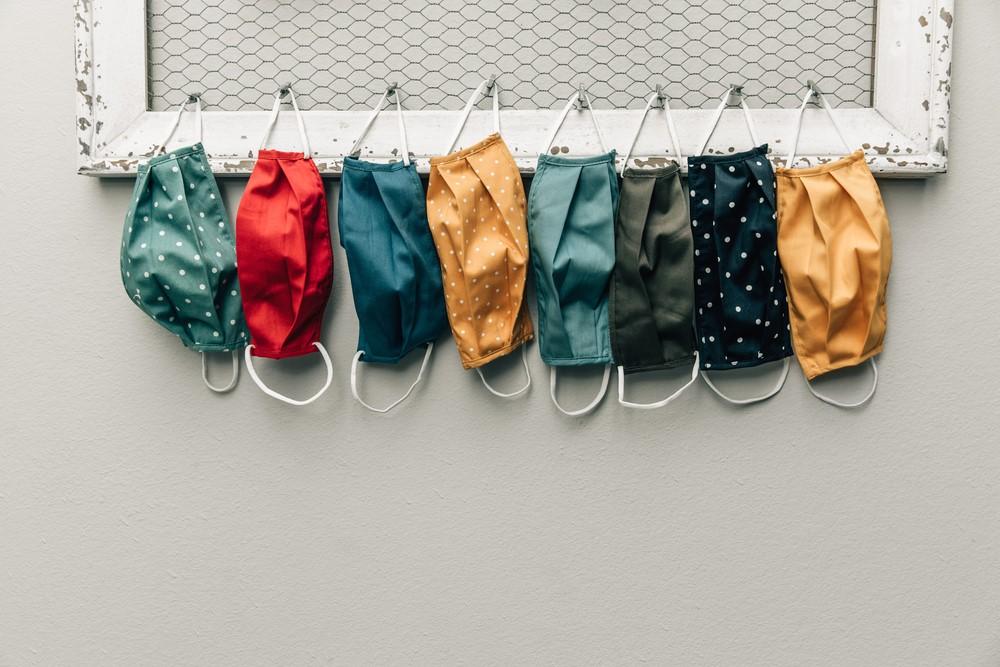
SHUTTERSTOCK
Image
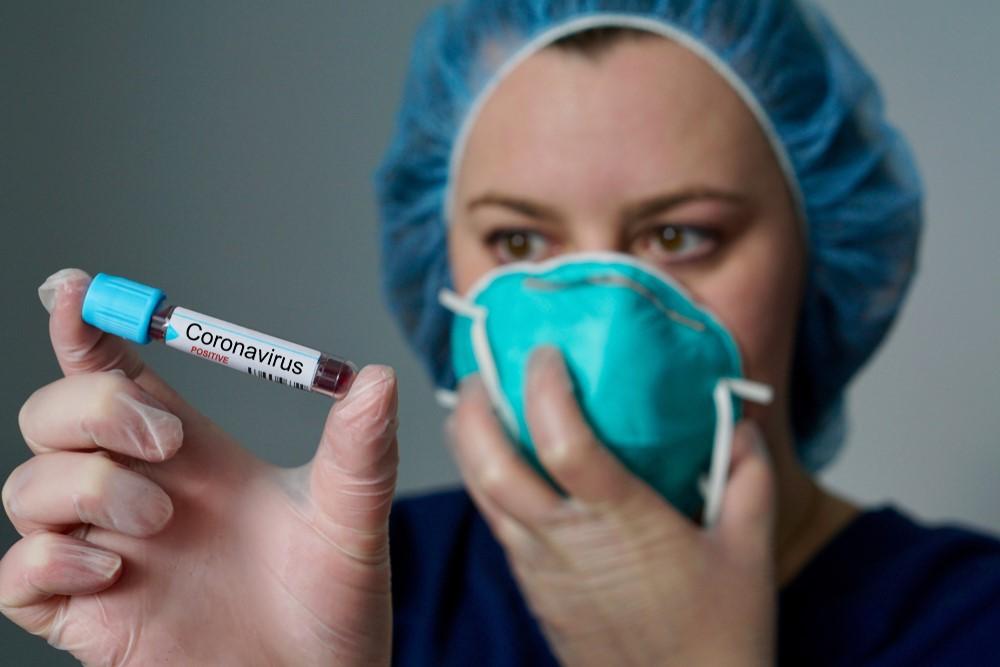
SHUTTERSTOCK
Image
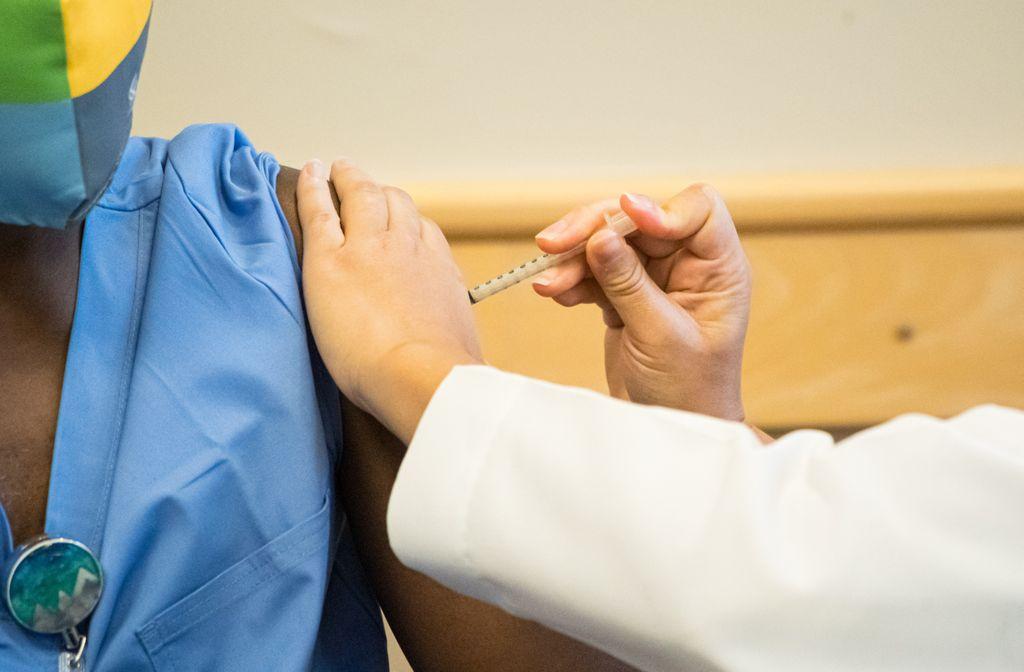
A nurse at Oregon Health & Science University was vaccinated with the Pfizer-BioNTech shot on Wednesday.
|
FRED LIEDTKE/OHSU
Image
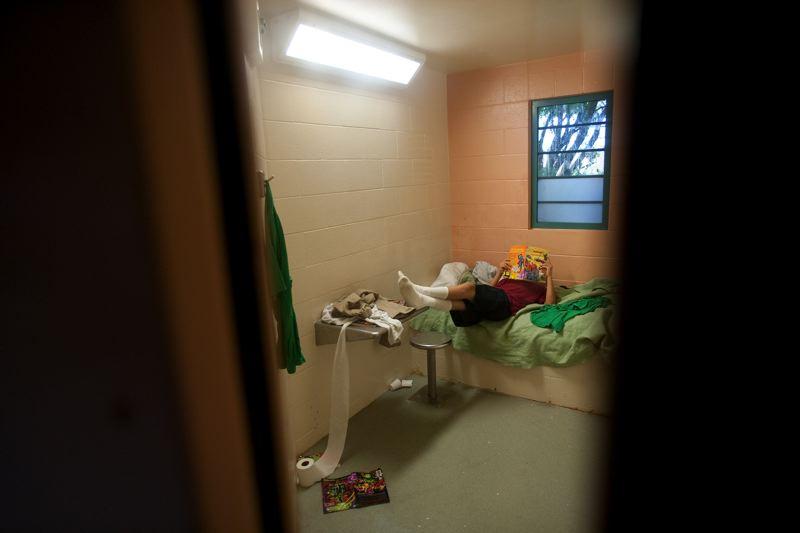
This 2011 photo shows a youth reading a comic book in a typical cell at the Mulnomah County Donald E. Long Detention Center./Portland Tribune
Image
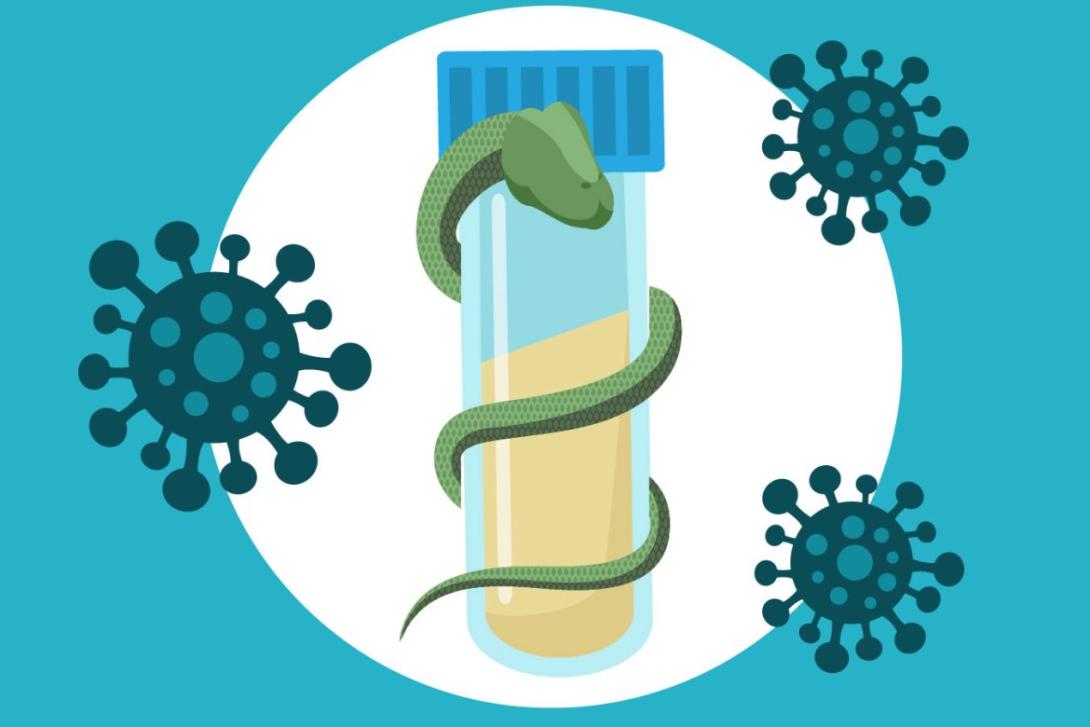
KHN ILLUSTRATION